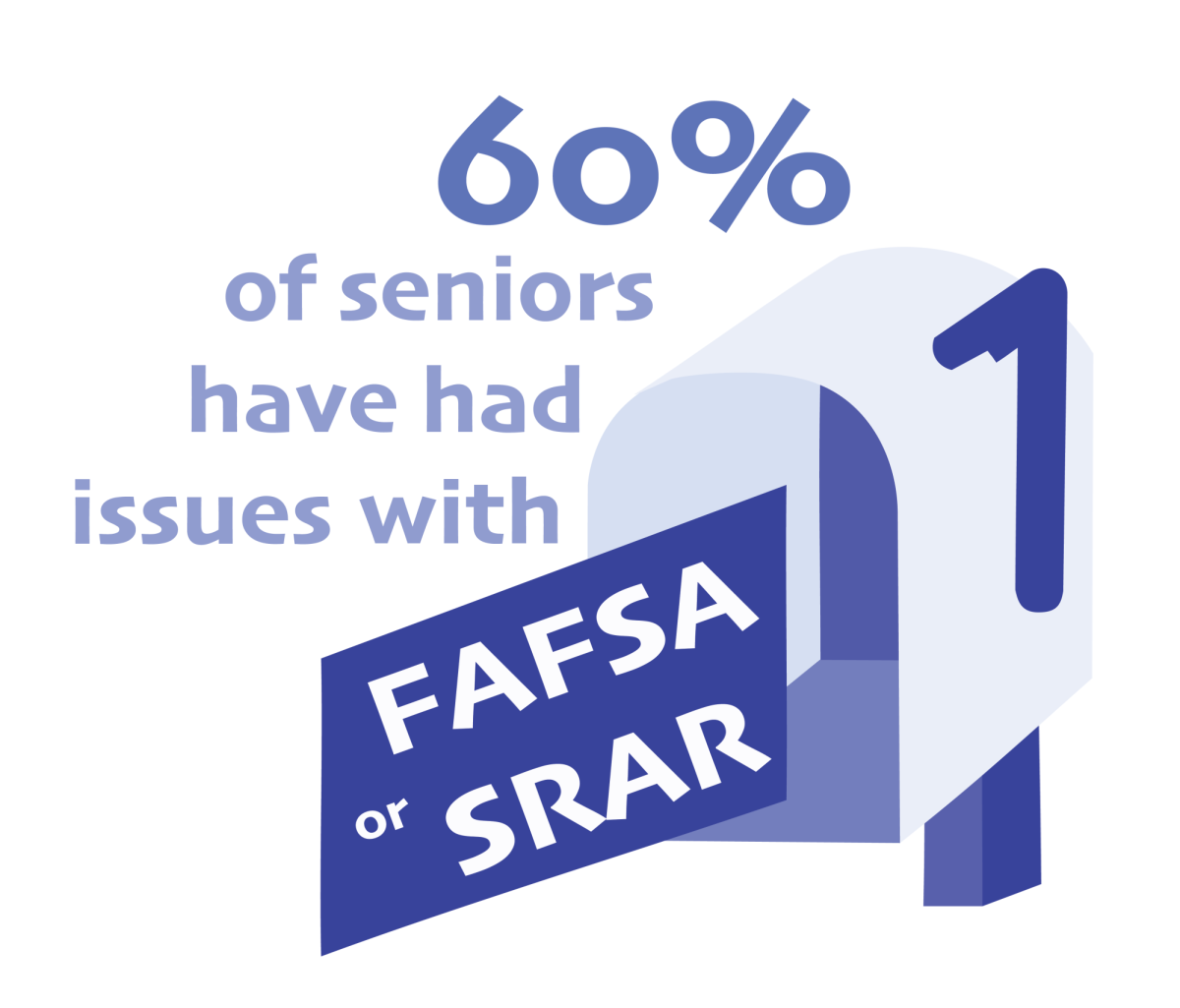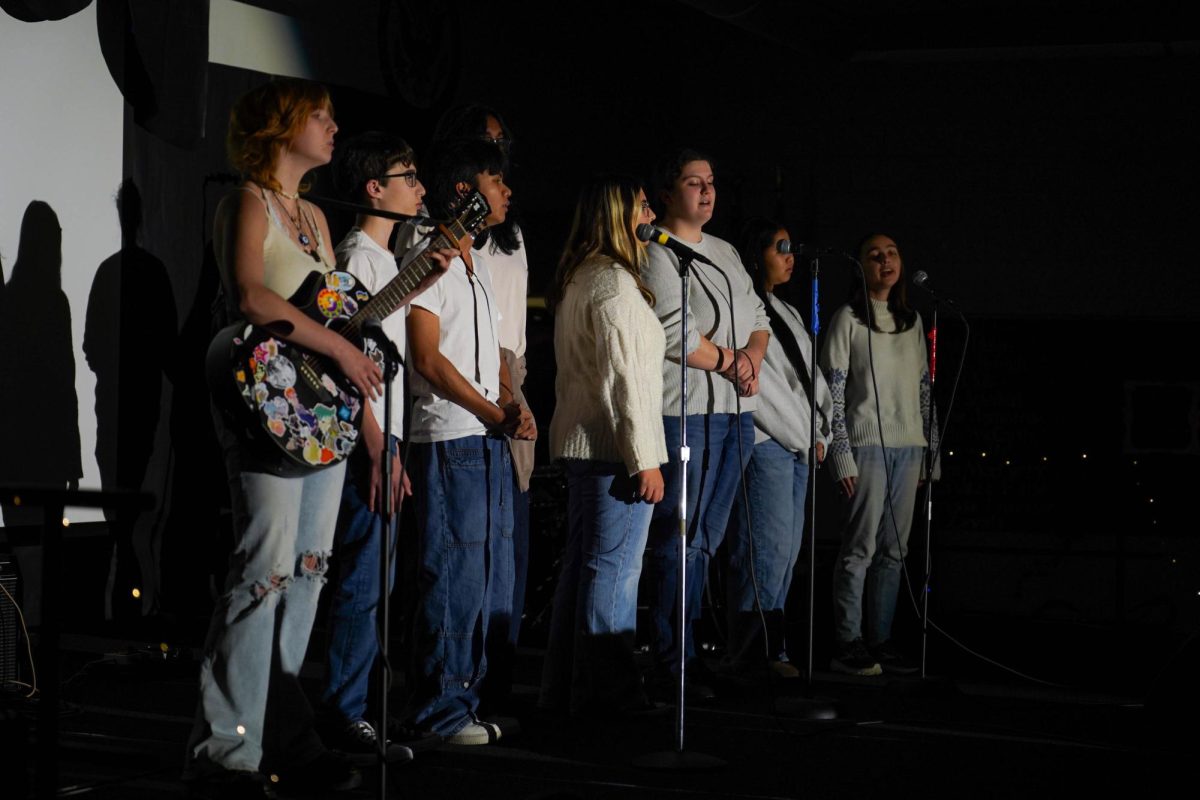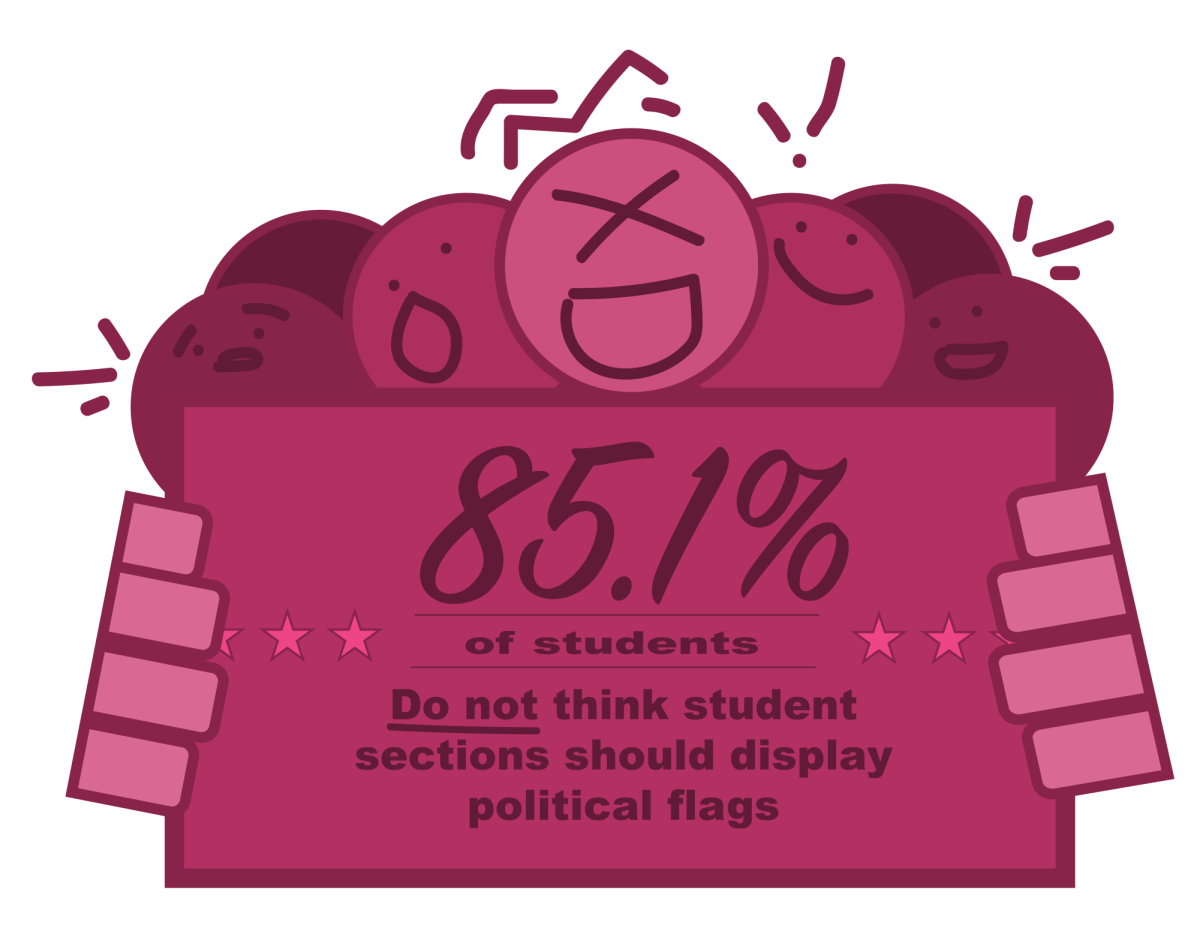In recent years, the college application process has seen a lot of change, from the simplification of the Free Application for Federal Student Aid (FAFSA) to the increasing popularity of the Self-Reported Academic Record (SRAR), both of which are critical for many university students.
The SRAR allows admissions offices to get a snapshot of an applicant’s grades before going over full transcripts. 36 schools require students to submit both the SRAR and a transcript.
Senior Reina Dean of Ocean Township found issues with the SRAR.
“SRAR was a little confusing and felt unnecessary because I had submitted my grades in other places.”
Senior Phin Whedon of Wall Township agreed saying,
“I wish that they streamlined each [form] so much more,especially the SRAR. Why can’t I just add my report card?”
The FAFSA Simplification Act was passed in December 2020 in the hopes of making financial aid more accessible for students by changing the way ability to pay is measured. The act also changed who may apply for the Pell Grant, which is a kind of federal financial aid awarded to undergraduate students who are in need of exceptional financial assistance. Unlike loans, they do not need to be repaid.
Despite all of the changes, Whedon didn’t think the process was terrible.
“I’ve heard that it was significantly worse in years past, so I was terrified going into it,” Whedon said. “But it wasn’t nearly as difficult as I had heard.”
Though students agreed that the form itself was easy to complete, many found difficulties with the time frame.
“I feel like it got almost sensationalized since it got released so late in the college application process,” Whedon continued.
Senior Max O’Reilly of Asbury Park agrees.
“I think that if they opened the FAFSA earlier than December first, that would give families more time and cause them less stress when filling it out,” said O’Reilly.
The FAFSA Simplification Act also removed questions regarding drug convictions and Selective Service registration while adding questions about applicants’ gender, race and ethnicity. Many are confused about why these questions were added since the Supreme Court case Students for Fair Admissions v. Harvard (2023) outlawed the consideration of race or ethnicity in the application process.
While changes were implemented to make the financial aid process more accessible, many issues remain. Applicants were faced with much confusion regarding SRAR records, and colleges are struggling to fill up classes and secure numbers.
With the FAFSA releasing from late December to early January, many see it as an opportunity to search for the best financial deal possible. However many admission officers face problems with the release date.
“Right now not knowing for sure when that date is, it’s giving us a little angst about what that next couple of months looks like,” said Jodi Vanden Berge, director of EducationQuest Foundation.
Colleges are under pressure to release financial aid packages quickly with the late release date. But it also puts pressure on the students as they now have to wait to find out how much financial aid they are given before committing to a university.
With the many financial aid complications, CHS guidance counselor Sandra Gidos proposes a way to make the application process easier for students.
“We could possibly have a workshop,” said Gidos. “A lot of times we start it out at the beginning of the year, but until students really have to do [the forms] they’re really not invested in knowing about it.”








